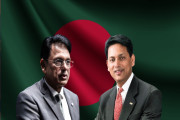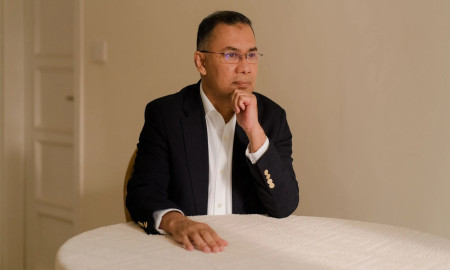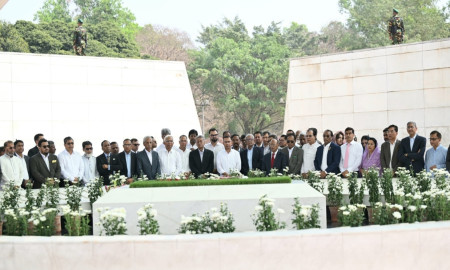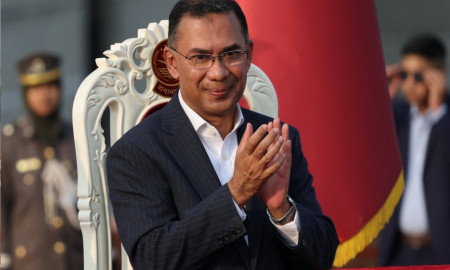RU VC Explains Written Exam for Teacher Recruitment
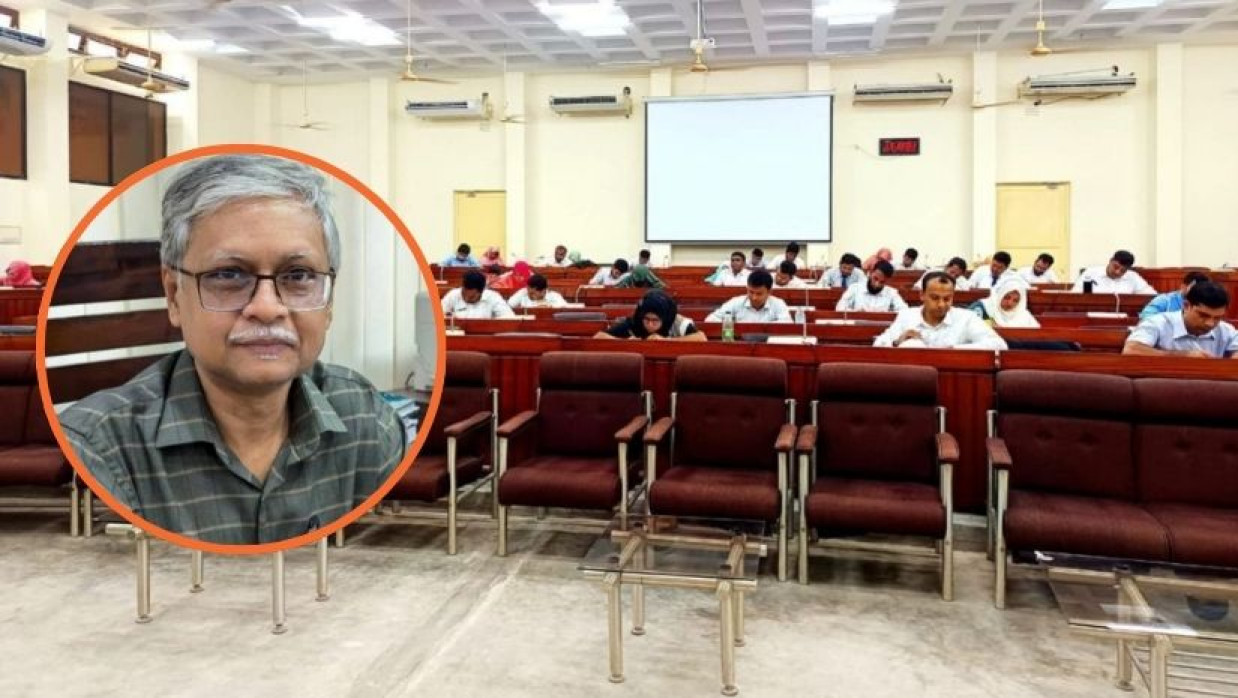
Rajshahi University (RU) introduced written examinations for teacher recruitment for the first time on 22 July, starting with the Social Work Department. Vice-Chancellor Professor Saleh Hasan Naqib, in a detailed Facebook post, clarified that while written exams are not a standard practice globally and not his personal preference, they were implemented to enhance transparency in the recruitment process.
Professor Naqib wrote, “There are many questions about the introduction of written exams in RU’s teacher recruitment process. I want to clarify some matters. Is taking a written exam a standard practice? The answer is no. Personally, written exams are not something I particularly favor. So why are we doing this, and how? The answer is quite lengthy.”
He explained that the high number of applicants in some departments makes prolonged oral evaluations impractical, necessitating an initial screening. “We are striving to bring maximum transparency to the recruitment process. A written exam, with a standardized structure focusing on basics, is an attempt to achieve this,” he noted. For instance, a written exam for an Engineering Faculty department included four questions: one on writing and solving a differential equation for an electrical circuit, another on the role of electrical engineers in the Fourth Industrial Revolution, and two on basic transmission/communication systems, totaling 50 marks. Candidates scoring below 14 or 15, regardless of their academic credentials or publications, were deemed unsuitable for the next stage.
The written exam shortlists candidates up to three times the number of advertised posts, with all achieving the cutoff score invited for oral interviews. A five-member selection board prepares questions, with four members submitting multiple questions, from which the board chair selects four. The fifth member codes the answer scripts and does not participate in evaluation. Each of the other four members evaluates one answer, and the final score is the sum of their marks, ensuring transparency.
In oral interviews, questions are restricted to the candidate’s subject, thesis, and publications, excluding personal inquiries like family background or thesis supervisor. “There is no time limit; we take as long as needed for evaluation,” Naqib stated. Board members assign marks independently without discussion. Final appointments consider written and oral exam results, academic records, and publications.
Addressing past recruitment issues, Professor Naqib emphasized, “This university has suffered from favoritism and transactions, where advertisements for two posts led to six or seven appointments. We will not do this. If qualified candidates are not found, we will not fill the advertised number of posts.” He added, “If we advertise for four posts but find only three suitable candidates, we appoint three. If none are suitable, we appoint none. There is no obligation to fill the quota. We are trying our best, and the future will judge our efforts.”


